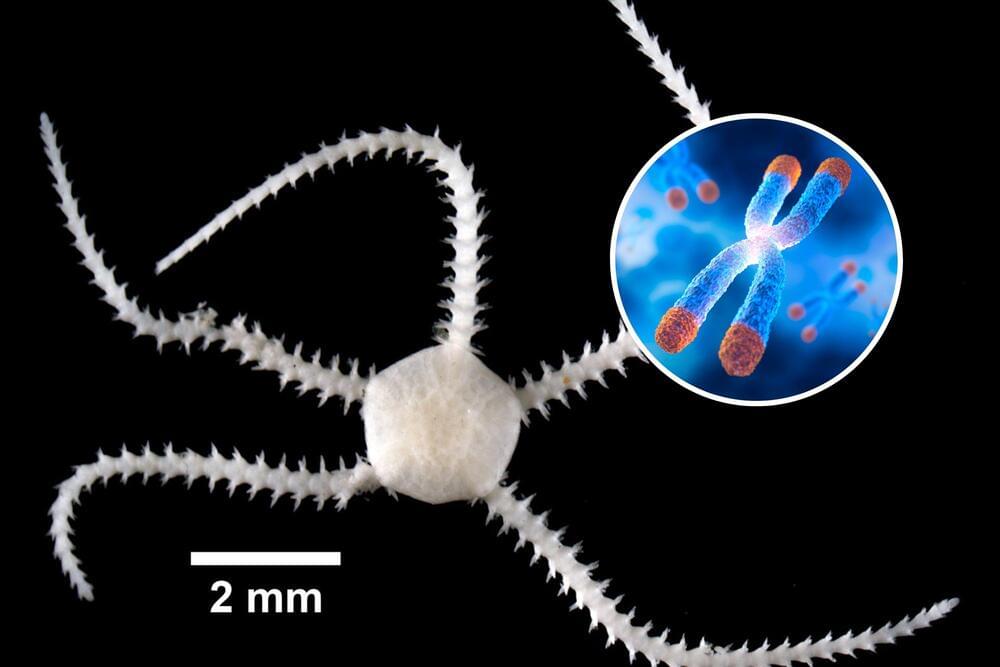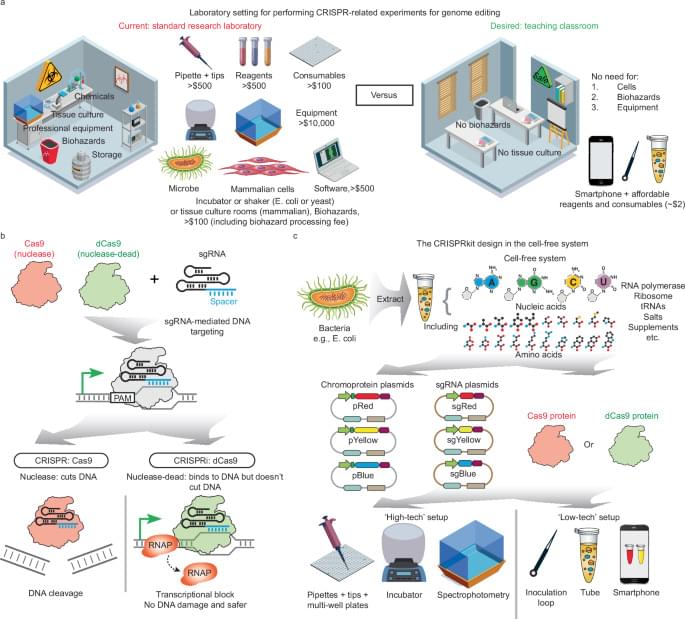Sternberg has proposed what he refers to as a “triarchic theory” of human intelligence.14 The original version of the theory is triarchic in that it argues that intelligence comprises three sets of skills: creative, analytical, and practical. In its augmented version, it specifies the importance of wisdom-based skills as well. According to this theory, people are intelligent in their lives to the extent that they: (i) formulate and achieve goals that help them attain what they seek in life, given their cultural context; (ii) by capitalizing on their strengths and compensating for or correcting weaknesses; (iii) in order to adapt to, shape, and select environments; (iv) through a combination of essential skills. As mentioned above, the essential skills are: (i) creative skills to generate novel ideas; (ii) analytical skills in order to assure that the ideas are good ones; (iii) practical skills in order to implement their ideas and persuade others of their value; and (iv) wisdom-based skills in order to ensure that the ideas help to achieve a common good over the long as well as the short term through the infusion of positive ethical values.
The various aspects of the theory—analytical, creative, practical, wisdom—are measurable. Sternberg has shown that when they are measured, they improve prediction of both academic and nonacademic performance in university settings and reduce ethnic-group differences.15 Teaching that incorporates the various aspects of intelligence Increases academic performance relative to conventional teaching.16 Sternberg has argued that intelligence is at least somewhat malleable throughout the lifespan.






